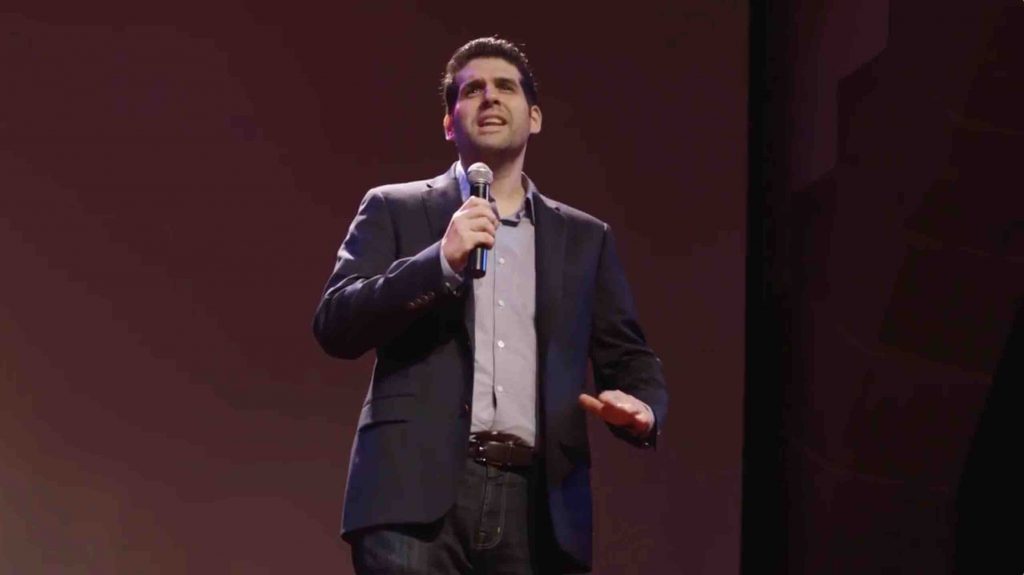
Living Openly With Bipolar Disorder
Dan was nineteen when he experienced his first manic episode and was diagnosed with bipolar disorder. After a year of keeping his condition private, he realized he wanted to feel empowered by sharing his story. At first he thought his bipolar diagnosis would merely be a footnote on his planned career path as an entrepreneur, but he kept feeling drawn back to his mental health projects. Dan became driven to help people overcome the conflicts that emerge when people are confused about mental health.
Connecting Mental Health Perspectives
Dan became a mediator to help people have more empowering communication about mental health. While studying at NYU Law, he co-founded their Mental Health Law Association. After witnessing the diversity of mental health stakeholder perspectives during a legal internship at the Bazelon Center for Mental Health Law, Dan withdrew from law school to focus on developing non-adversarial ways to help people connect about mental health.
Mediating and Addressing Mental Health Bias
When Dan discovered mediation, he believed its core values of self-determination and impartiality were the missing tools necessary to overcome mental health stigma. But many mediators were biased about mental health. Some programs even screened out cases based merely on the presence of a mental health diagnosis. Dan began conducting qualitative community surveys and later a comprehensive quantitative survey of hundreds of mediators across the United States to study how they were responding to challenging behaviors. This laid the groundwork for tools to help them do so without stigmatizing people living with mental illness.
Becoming a Mental Health Conflict Expert
Dan has an extensive background as a mental health awareness speaker, peer support group facilitator, and person living with bipolar disorder. He also pursued rigorous academic training at the Mental Health Department of the Johns Hopkins School of Public Health, where he obtained a master’s degree and Health Communication certificate and where he co-founded a Mental Health Conflict Resolution Training Project through the university’s Social Innovation Lab. His thesis was a critical review of how mental health professionals assess capacity, insight, and risk of harm as these concerns often lead to disempowerment.
Developing Tools
Through his company MH Mediate, Dan provides tools, trainings, and resources to help all kinds of mental health stakeholders talk about mental health, resolve conflicts, and address challenging behaviors in an accessible, non-stigmatizing manner. Dan co-founded the Dispute Resolution in Mental Health Initiative housed at the CUNY Dispute Resolution Center at John Jay College, with grant funding from the AAA-ICDR Foundation and the NY State Office of Mental Health. He is the Co-Chair of the Diversity Committee at the American Bar Association Section of Dispute Resolution, where he works to help practitioners develop tools to integrate diversity perspectives into their practices and improve organizational equity.
Applying Systems-Based Thinking
Dan also holds a bachelor’s degree in the Decision Processes track from the Wharton School of the University of Pennsylvania where he was a Wharton Research Scholar and a Research Analyst at the Wharton Risk Center. He applies that data-driven, systems-based thinking to all of his work advancing the field of dispute resolution and combating mental health stigma.
